A 5 Part Series on How to Make Hard Decisions Made Easy with Paul Gordon, CEO of Catalyze APAC
If ever there was a time to invest in the process of decision making and how to make hard decisions easy, that time would be now!
As an individual, making decisions is something we do every day, from the simple decisions about what we have for breakfast to decisions about what school to send our kids, buying a home and taking the family on a holiday to big-risk decisions at work - decisions that not only affect our own career and reputation, ones that inevitably impact the lives of those we work with and for.
As organisations, this process is far tougher. With more complexity, often competing resources and stakeholders, making decisions in a government department, a corporation or a non-profit is frankly, much harder than it looks.
Despite decision making being one of the most common and frequent actuates we undertake, not too many of us are investing in learning about the process of decision making, we feel that we’re doing a pretty good job right?
Join me as I talk with Paul Gordon, the expert on decision thinking, about the most common problems he solves, how hard decisions can be made easy and the 5-step framework from his book titled “Hard Decisions Made Easy”.
Paul is the CEO and technical director of Catalyze APAC, a management consultancy that specialises in decision making processes. He’s an expert in influential leadership and how to influence others in the decision making process when you have no explicit power.
Paul’s worked with senior learners in major federal government departments and large corporates across Australia, New Zealand and the UK facilitating hundreds of billions of dollars of value.
NEWSFLASH: This is the first episode in a 5-week series on unpacking the detail in the process of decision making. Details below!
A leader is someone who causes and enables others to lead and fulfill their own potential. They are someone who is open, authentic and has the courage to say when they don’t have the answer” - Paul
This is the first episode in a 5-week series as we unpack in detail each step of the decision making process. Today we talk with Paul about the three most common problems he solves, how hard decisions can be made easy and the 5-step framework from his book titled “Hard Decisions Made Easy”.
The first principle of structured decision making: Process before Content.
Before making a big decision, start with agreeing the process by which that decision will be made before getting into the decision itself, including such things as who to involve and how - this helps leave the contentious stuff (the ‘content’) until later and ensures that when the decision gets difficult, there is an agreed process to fall back on.
The second principle of structured decision making: Academic Rigour.
When planning your decision process, make sure it's based on academically rigorous techniques, especially if using any numbers or data. There is a whole world of ‘Decision science’ that avoids a decision being made which ‘feels’ wrong or one which can later be turned over when someone wants to pick holes in it.
The third principle of structured decision making: Active Stakeholder Participation.
Decisions stick because the people who need to carry them out and who are impacted believe in the decision and have a sense of ownership. The best way to get this ownership is to actively involve stakeholders in the decision process - not just ‘consult’ or brief them. They can contribute to the design of the decision process, help find and develop options, define value and criteria and even participate in evaluation options.
The final principle of structured decision making: Tangible and Intangible Value.
We care about much more than just what we can measure, such as money, so good decision making takes into account everything that we care about, both intangible (such as reputation, the environment, client satisfaction) and tangible (revenue, profit). We need to give a balanced consideration of all these factors, not just focus on the ones we can measure otherwise we will always be unhappy with our decisions, and we might not know why.
Connect with Paul on Linked In and visit Catalyze for more info on Decision Thinking.
Download today’s episode on Apple iTunes or Spotify.
Amplify the Impact You Have in the World!
Call or Text Kylee on +61-434-079-807. Book a call with Kylee to commercialise your brand and materialise your Vision, Values, Purpose & Passion while taking care of your own and others wellbeing. Follow Kylee, The Uncharted Leader on Instagram
Proudly supported by TrinityP3 Global Marketing Management Consultants.

